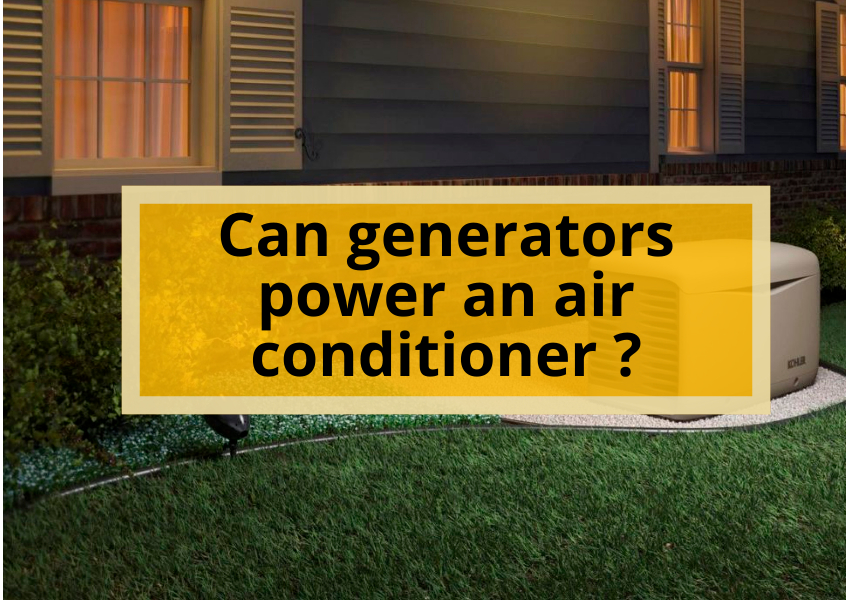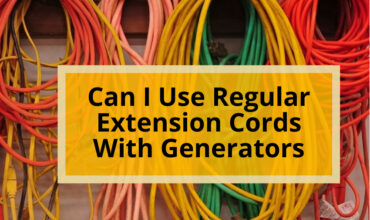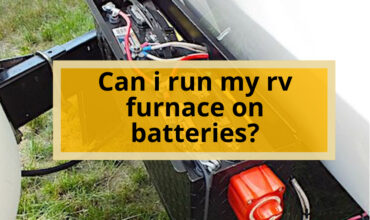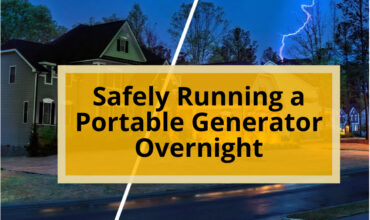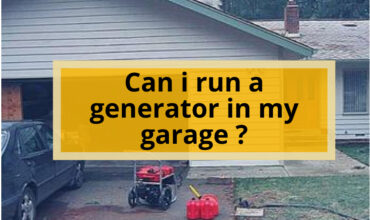Air conditioners require a significant amount of electricity to run properly. This makes many people wonder if a generator has enough power to keep an air conditioning unit running, especially during a power outage.
The short answer is yes, you can use a generator to power an air conditioner under the right conditions. Here is an in-depth look at how to determine if your generator is capable of running your AC unit and tips for successfully powering an air conditioner with a generator.
How Much Power Do Air Conditioners Use?
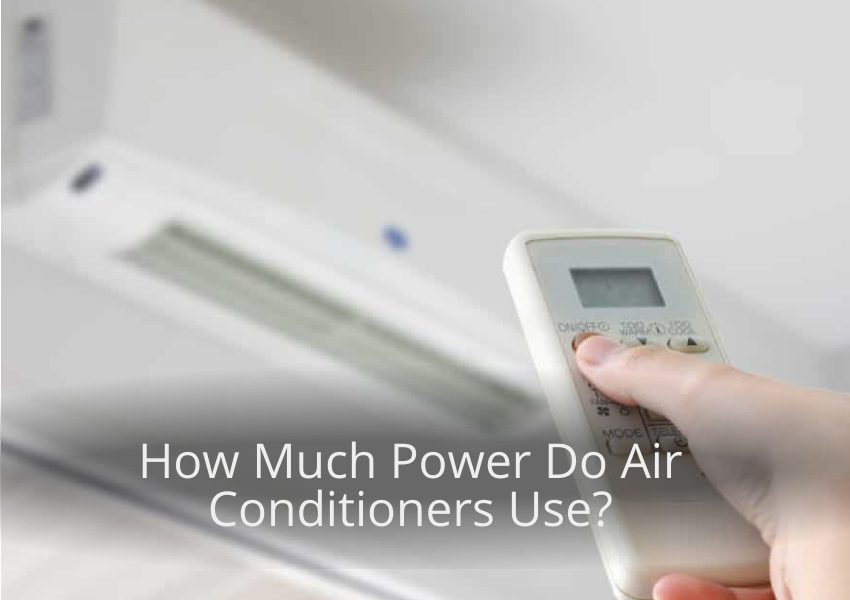
The amount of electricity an air conditioner requires depends on its size and efficiency.
- Window unit air conditioners need between 500 and 1500 watts to start up and then operate between 300 to 1200 watts while running.
- More powerful central air conditioning units require 2000 to 5000 watts for startup and can use 1500 to 4000 watts while operating.
- Newer Energy Star rated AC units are designed for efficiency and generally use 15-25% less power than older models. High-efficiency central air conditioners may only require 1500 watts to start and 900–1200 watts while running.
Also read : Do I Need a Transfer Switch for My Generator?
Generator Power Output Needed
To choose a generator powerful enough to start and run your air conditioner, you’ll need to determine your AC unit’s wattage requirements. Check the air conditioner specs, manual or label to find:
Starting watts
The surge of power needed to turn on the AC compressor. This is the critical number to know when generator shopping.
Running watts
The continual watts used to keep the air conditioner operating once started.
Look for a generator with a maximum wattage output that exceeds your AC’s starting wattage. Also confirm it provides enough running watts to keep your air conditioner going. Add up the starting and running wattage of any other appliances you want to power from the generator as well.
For example, if you have a central air conditioner that requires 3000 starting watts and 1500 running watts, choose a generator with at least 4500 watts or more for starting and running the AC along with other devices.
Also read : The Benefits Of A Standby Generator
Generator Types
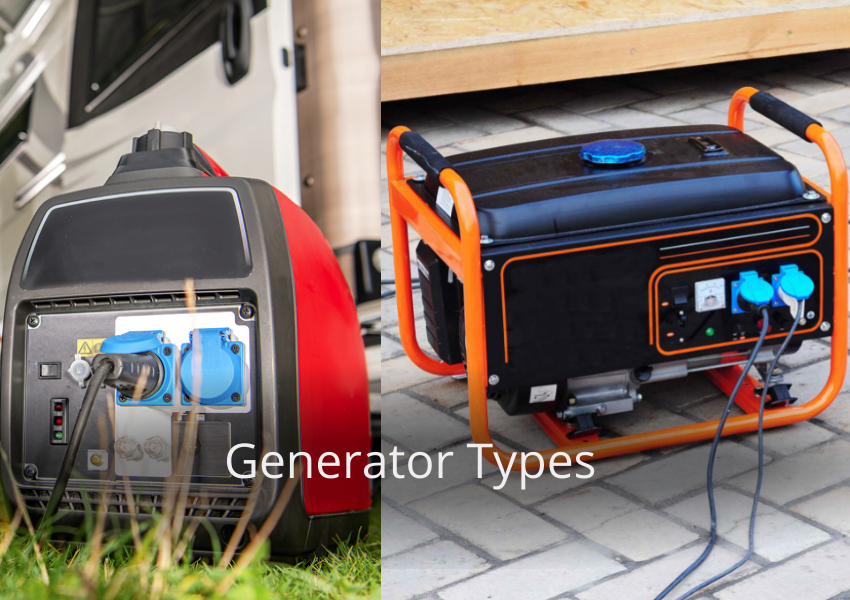
The two main options are conventional gas-powered generators and inverter generators:
– Conventional Generators
These affordably priced generators provide power in a similar way to utility company power. They can handle air conditioner start-up spikes and are a good budget choice for running an AC unit. Just note they tend to be louder and heavier than inverters.
– Inverter Generators
Inverters produce cleaner, more stable power that’s safe for sensitive electronics. However, cheaper inverter models may not handle air conditioner start-up current needs. Make sure to choose an inverter generator rated at 3000+ watts to start and run an AC.
Generator Fuel Source
Most standard home generators rely on gasoline or diesel as a fuel source. But natural gas and propane models are also available:
–Gasoline: Gas generators provide the most affordability and convenience. There’s no fuel line to run. Just make sure to have enough fuel stored.
–Diesel: Diesel generators are often used for backup power at larger facilities. The fuel has a longer shelf life but emits more exhaust.
–Propane: Propane generators burn cleaner and require less maintenance than gas. But you’ll need a propane tank installation and fuel delivery.
–Natural Gas: Hooking the generator to your home’s natural gas line provides unlimited runtime. But installation is complex and the generator won’t work if gas service is disrupted.
Also read : Ac Maintenance And Generator Fuel Types
Generator Sizing
A properly sized generator ensures it can provide adequate power for your air conditioning system. Check the generator’s running and starting watt ratings as discussed above. Also make sure it has enough output capacity to meet your needs:
– Window AC Units – A 2000+ watt portable generator can handle a small window air conditioner.
– Whole Home AC – Choose a whole home standby generator with 8000+ watts to manage central air and major appliances.
– Partial Home Backup – A mid-size 5000-7000 watt portable unit may be able to run partial AC, fridge, lights and other basics.
Operating Tips
Follow these guidelines to successfully and safely run your air conditioner with a generator:
– Keep the generator outdoors in an open area to avoid deadly carbon monoxide buildup. Never run a generator inside an enclosed space.
– Turn on the air conditioner before starting the generator. Starting the AC unit first avoids overload.
– Only plug in the air conditioner and essential devices. Adding too many electronics can overload the generator.
– Refuel when the generator is turned off and has cooled down. Gasoline spilled on hot components can ignite.
– Do not exceed the total rated wattage capacity of the generator. Overloading can damage the engine.
– Turn the air conditioner and generator off before refueling to avoid a fire risk.
FAQ
Can I use an inverter generator to run my central air conditioning?
Yes, an inverter generator can power a central air conditioning system as long as it provides adequate starting and running watt capacity. Choose an inverter rated for at least 3000 starting watts.
How long will my generator run on a full tank of gas powering an AC?
Depending on the fuel tank size and generator efficiency, expect 5-10 hours of run time on a full gas tank when powering an air conditioner. Refuel when the tank is 1/4 full.
Is it safe to connect my air conditioner directly to a generator?
It is not necessarily unsafe, but it is advisable to connect appliances through a transfer switch to avoid backfeeding electricity into utility lines during an outage. Consult an electrician.
What maintenance is required for generators powering air conditioners?
Change oil, filters, spark plugs based on manual guidelines. Run monthly with a load to dry out moisture. Fuel stabilizer helps keep gas fresh longer during storage.
What safety tips should I follow when using a generator to run my AC?
Operate outdoors, away from doors/windows. Ensure proper ventilation. Keep generator dry. Turn off to refuel when cool. Use a ground fault circuit interrupter (GFCI).
Coclusion
With proper generator sizing and usage, you can keep cool and comfortable even when the power is out. Just make sure to take important safety precautions like operating the unit outdoors. Follow the generator and air conditioner manuals for additional guidance. And consult an electrician if you have any concerns about safely connecting your AC unit to a generator power source.
